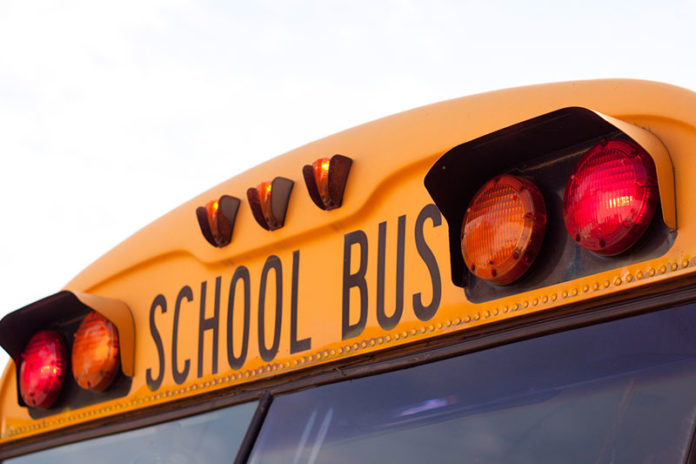For Joe Biden, being called to account for his positions on busing in the 1970s must feel like being called to account for his fashion decisions in that era. Yes, he might admit, he made some bad choices, but at the time, it was hard to make good ones.
Nearly half a century on, the controversy may seem a simple matter of choosing whether to support racial integration. But simple is one thing the issue was not.
Let me be clear: School segregation was a hideous blight and a grievous injustice. There were many people who opposed busing out of ugly motives, and its supporters had the best of intentions.
Biden may have been guilty of deferring and even pandering to white constituents. But any politician who lasts as long as he has in public life has to take some positions that are unsavory at the time and regrettable in hindsight.
The basic dilemma was that we had no good remedies for entrenched public school segregation. Mandatory busing was a defensible policy, not an unassailable one. It had flaws that made it unpopular among African Americans as well as whites.
I speak from experience. Growing up in Midland and Austin, Texas, I attended all-white public schools until I reached A.N. McCallum High School for 10th grade. It had some 2,000 students, only two or three of them black. But in 1971, the fall of my senior year, things changed.
After years of litigation, a desegregation plan closed L.C. Anderson High School, which was virtually all African American, and bused its students to other schools. Overnight, McCallum was integrated.
Not everyone was happy about it. Black students resented losing their neighborhood school, being separated from their friends and being forced to endure bus rides. Some McCallum parents and students were hostile. When the first bus arrived, the Anderson kids were greeted by a group of whites brandishing chains and sticks and hurling insults, a ritual repeated each morning for a week or so.
Cleo Moore, a senior classmate who was bused, recalled all this in conversations we’ve had. One day, the black students arrived to find that someone had chalked a racial slur on the street. That day, with emotions boiling over, a racial brawl erupted in the cafeteria.
Police arrived in force and remained on campus for days. A student human relations committee was formed (a black girl and I were co-chairs), and the climate calmed. Moore, who was also on the committee, recalls the “riot” as the turning point: The bullying whites found that their victims would fight back. “We learned to coexist in the same space,” she says.
The experience was invaluable for whites who had almost no previous interaction with black peers. I learned things about our divergent experiences and perceptions that stayed with me.
But was it a net benefit for the African American students? That’s not so clear. The neighborhood around Anderson High School suffered from the loss of businesses and a long-standing community anchor.
The effects didn’t end there. Some white students transferred to private academies. Some families moved out of the Austin school district. The tiny nearby town of Round Rock grew from 2,811 people in 1970 to 12,740 in 1980.
That was the practical flaw in busing to integrate schools: Many whites resisted, and they found ways to escape. Today, whites make up 75% of Austin’s residents but only 28% of public school enrollment.
White flight proved to be an intractable response elsewhere. A 2013 study in the American Sociological Review found that in recent decades, “minority students have become increasingly isolated and less exposed to whites.”
Biden may be faulted for indulging the resistance of white constituents. But in our democracy, they had a vote, and perhaps a majority. Harris can legitimately claim that being bused gave her a better education. But not all African Americans got the same benefit.
In hindsight, supporters of racial equity might have done better with other remedies: redrawing school boundaries to integrate schools with less disruption, establishing attractive magnet schools and pouring money into mostly black schools to improve educational outcomes.
Humility is in order on all sides. This is one of those issues that fit what the jurist Learned Hand wrote: “The spirit of liberty is the spirit which is not too sure that it is right.” Maybe Biden didn’t have the correct answers then. But the correct answers weren’t easy to identify then. They still aren’t.

































